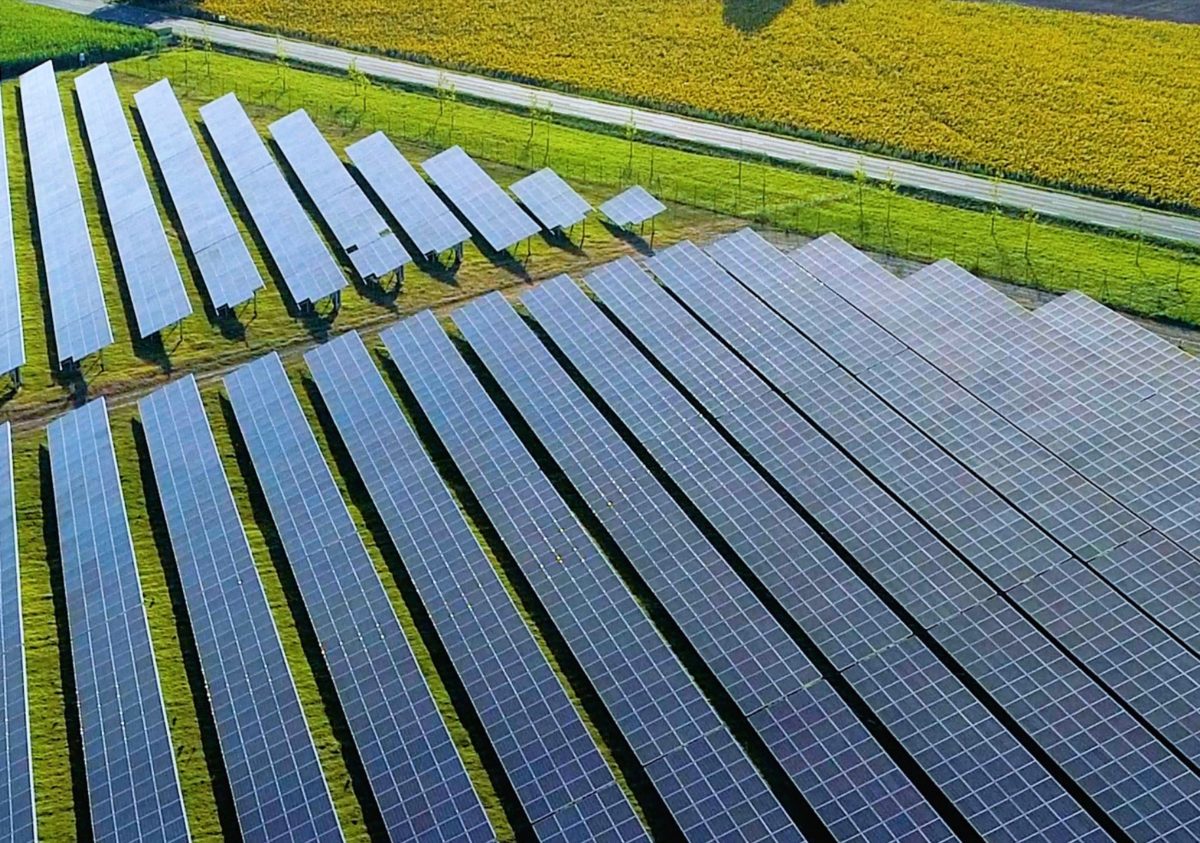New Zealand’s Minister for Climate Change James Shaw has today announced six new projects to be supported by the NZ Government’s $200 million clean-powered public service fund.
The University of Canterbury, Auckland University of Technology, New Zealand Defence Force, Inland Revenue, and MidCentral and Lakes District Health Boards will all receive renewed support toward clean energy upgrades to their operations.
“Upgrading our public services to run on clean energy is a hugely important part of the work this Government is doing to create jobs and tackle the climate crisis,” said Shaw. “For too long, we have relied on climate-polluting fuels to keep parts of our public organisations running. Today’s announcement is another step towards changing this and ensuring climate-friendly energy solutions are a part of our everyday lives.”
New Zealand, which may reach 6 GW of solar by 2050, is making sure the Antipodean rivalry on the rugby field spills over into the climate and renewable sectors. This is to say, New Zealand is dominating Australia all over the park, and if the All Blacks winning their 517th consecutive Bledisloe Cup isn’t insult enough, our neighbours across the ditch have also set a 2050 net-zero carbon emissions target, and last month poured salt in the wound by making significant reforms to its Emissions Trading Scheme (ETS). The reforms provide a long overdue cap and make progress on emissions reduction solutions for the agriculture industry. Meanwhile, the very prospect of an ETS has mired Australian politics in polarising and petulant Climate Wars for over a decade.
Diverse clean energy upgrades
Despite reaching for 6GW of solar by 2050, New Zealand is, of course, the land of the long white cloud, meaning that the nation cannot rely on solar as Australia can but balks at. This is not to mention that NZ doesn’t have the open expanses of land required or large-scale solar, although this doesn’t stop them from building large-scale solar on water. Nevertheless, the six projects announced today are a diverse range of clean energy upgrades, including the replacement of coal boilers at the University of Canterbury with a biomass boiler, and the replacement of internal combustion engine vehicles at the Inland Revenue with electric vehicles and charging infrastructure.
“The projects will reduce state sector carbon emissions by an estimated 14,730 tonnes annually and help lower New Zealand’s dependence on fossil fuel,” declared Shaw. :That’s the equivalent of taking more than 6,000 petrol vehicles off the road…the passing of world-leading climate laws must always be followed by detailed work in communities all over the country, and that’s exactly what we are doing.”
According to state-owned enterprise Transpower, New Zealand could cover 100% of its electricity demand with a generation mix based exclusively on wind, solar, geothermal and hydropower by 2050.
This content is protected by copyright and may not be reused. If you want to cooperate with us and would like to reuse some of our content, please contact: editors@pv-magazine.com.









2 comments
By submitting this form you agree to pv magazine using your data for the purposes of publishing your comment.
Your personal data will only be disclosed or otherwise transmitted to third parties for the purposes of spam filtering or if this is necessary for technical maintenance of the website. Any other transfer to third parties will not take place unless this is justified on the basis of applicable data protection regulations or if pv magazine is legally obliged to do so.
You may revoke this consent at any time with effect for the future, in which case your personal data will be deleted immediately. Otherwise, your data will be deleted if pv magazine has processed your request or the purpose of data storage is fulfilled.
Further information on data privacy can be found in our Data Protection Policy.